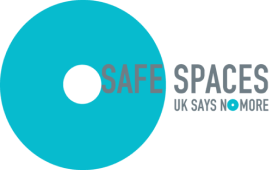In a crisis?
If you are experiencing feelings or behaviour likely to endanger yourself or others, it is important to get help without delay.
If you are experiencing feelings or behaviour likely to endanger yourself or others, it is important to get help straight away.
NHS support
Charities like Mind campaigning to improve crisis care across the country. Their current advice is that the best options for getting face-to-face NHS medical help quickly are:
Accident & Emergency (A&E)
Go there directly or call an ambulance by dialling 999 and ask to see the duty psychiatrist when you arrive. You might have to wait a while, so it can be helpful to take someone with you for support.
Emergency GP appointments
When you need urgent support for your mental health, but you feel able to keep yourself safe for a short while until your appointment, your local GP surgery should be able to offer you an appointment to see a doctor quickly in an emergency.
Vetlife Helpline can be contacted by phone on 0303 040 2551 or via email here (24-hours, every day of the year).
Further reading:

(24-hour, every day of the year)
Sometimes incidents like mistakes at work, employment disputes or a breakdown in a personal relationship can spiral into a crisis and lead you to feel that your career is over or that you can’t carry on anymore.
A call to Vetlife Helpline has helped many people in the veterinary community to start to find a way forward and to decide if they need to take any action.
Callers to Vetlife Helpline are referred to Vetlife Health Support and other specialist help where appropriate.

(24-hour, every day of the year)
Samaritans volunteers are on hand to offer emotional support at any time of the day or night to anyone who needs help. They will never judge and you don’t have to be suicidal to call them.
Signs you may be
struggling to cope
Many people in the veterinary community are experiencing symptoms which indicate probable clinical depression and/or anxiety.
There are a number of reasons why a person in the veterinary community might feel isolated at work.
Research has shown that veterinary professionals have a high level of risk of compassion fatigue, it is possible to prevent and to recover from it.




